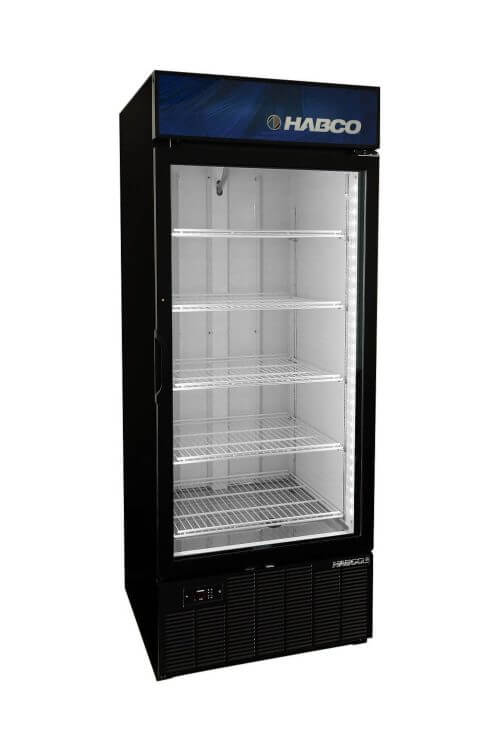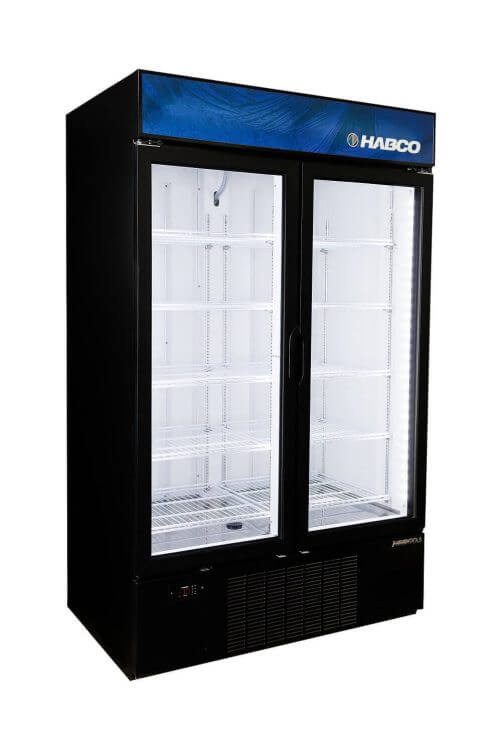Medication Storage Temperature Guidelines

Proper storage of medications is crucial to maintain their effectiveness and ensure patient safety. Temperature-sensitive medications require special attention as they can be easily affected by temperature fluctuations.
In this article, we will explore the importance of storing medications at the appropriate temperature and provide valuable guidelines for companies looking to store temperature-sensitive drugs.
Understanding Temperature Requirements for Medications
Temperature-sensitive medications are drugs that can be affected by changes in temperature. These medications may include vaccines, insulin, antibiotics, and many more. But why is temperature control so vital for these drugs?
Imagine a delicate balance, where the efficacy of medications depends on being stored within specific temperature ranges. Just like a delicate flower wilts in extreme heat or freezes in bitter cold, temperature-sensitive drugs can lose their potency or become ineffective when exposed to improper temperatures. To prevent this, it is crucial to understand the temperature requirements for different medications.
Different medications have different temperature ranges within which they must be stored. Some drugs require refrigeration, while others can be stored at controlled room temperature (CRT). Let’s dive deeper into these temperature requirements.
Controlled Room Temperature (CRT)
Controlled Room Temperature refers to the temperature range at which medications can be safely stored without refrigeration. This temperature range typically falls between 20 to 25 degrees Celsius (68 to 77 degrees Fahrenheit). CRT medications offer the advantage of not requiring special refrigeration equipment, making them easier to store and access.
Proper storage of CRT medications is essential to maintain their integrity and efficacy. Storing them outside the recommended temperature range can lead to reduced potency, rendering the medications ineffective or potentially harmful.
Proper Storage Practices for Temperature-Sensitive Medications
To ensure the proper storage of temperature-sensitive medications, it is essential to follow specific practices and use appropriate equipment.
Choosing the Right Storage Equipment
When it comes to storing medications, investing in the right storage equipment is crucial. Pharmacy medication refrigerators are designed to maintain a consistent and controlled temperature, ensuring the integrity of temperature-sensitive drugs. These refrigerators provide a reliable solution for storing medications that require refrigeration.
Commercial refrigerators can also be suitable for medication storage, especially for businesses with larger inventories. These refrigerators offer ample space and temperature control features to meet the storage requirements of temperature-sensitive medications.
Ensuring Temperature Control
Temperature monitoring plays a vital role in maintaining the quality and efficacy of medications. By regularly monitoring the temperature, you can identify and address any temperature fluctuations promptly.
A temperature data logger is a useful device that records temperature readings over time. These loggers provide accurate and reliable data, allowing you to track temperature variations and make necessary adjustments to ensure proper storage conditions.
Implementing best practices for temperature monitoring, such as placing data loggers strategically within storage areas and regularly reviewing temperature logs, can help you stay proactive in maintaining the required temperature range.
Preventing Damage from Extreme Temperatures
Extreme temperatures pose a significant risk to the integrity of temperature-sensitive medications. Exposure to excessive heat or extreme cold can render medications ineffective or even dangerous.
Protecting medications from extreme temperatures is crucial. Here are some tips to minimize the risk:
- Shield medications from direct sunlight: Exposure to direct sunlight can lead to temperature fluctuations. Store medications in shaded areas or use light-blocking containers to prevent heat absorption.
- Avoid storing medications near heat sources: Placing medications near heat-emitting equipment or areas with high temperatures can compromise their efficacy. Keep medications away from heaters, ovens, or direct sources of heat.
- Handle medications with care during transportation: Whether shipping medications or carrying them during travel, ensure proper insulation and temperature control. Use insulated containers or coolers with ice packs to maintain the required temperature range.
Safety Considerations for Medication Storage
Apart from temperature control, several other safety considerations are essential for proper medication storage.
Avoiding Contamination and Cross-Contamination
Contamination can compromise the safety and efficacy of medications. Ensure that storage areas are clean and free from potential contaminants. Regularly sanitize storage equipment, shelves, and containers to prevent cross-contamination.
Handling Medications with Care
Proper handling of medications is vital to prevent damage and maintain their efficacy. Follow the manufacturer’s instructions for storage and handling, including precautions for opening containers and resealing them tightly after use.
Proper Disposal of Expired or Damaged Medications
Expired or damaged medications should never be used. Establish clear protocols for identifying and disposing of expired or damaged medications. Proper disposal methods ensure that these medications do not pose any risk to individuals or the environment.
Compliance with Regulatory Guidelines
Regulatory agencies, such as the Food and Drug Administration (FDA) or the Centers for Disease Control and Prevention (CDC) provide guidelines and regulations for medication storage to ensure patient safety and medication efficacy. Compliance with these guidelines is essential for companies storing medications.
Maintaining proper storage temperatures, implementing temperature monitoring systems, and following best practices demonstrate your commitment to quality and patient safety. Compliance with regulatory guidelines not only protects patients but also helps build trust and credibility within the industry.
Prioritize Medication Storage with HABCO
Proper medication storage temperature guidelines are crucial for maintaining the efficacy and safety of temperature-sensitive drugs. Understanding the temperature requirements for different medications, investing in appropriate storage equipment, implementing temperature monitoring systems, and following safety considerations are key steps in ensuring medication integrity.
At HABCO, we understand the significance of storing medications under optimal conditions. Our range of pharmacy medication refrigerators and commercial fridges is specifically designed to meet the unique storage requirements of temperature-sensitive medications. By investing in our reliable storage solutions, you can ensure the integrity of your medications. Contact us today for more information.



